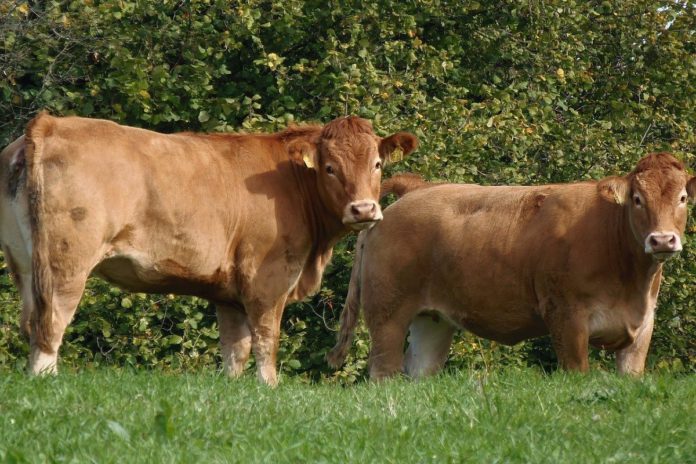Anyone with even the faintest level of familiarity with Oireachtas agricultural debates will be aware of how often the issue of supports for the suckler cow and beef sector have arisen over the years, writes Carol Nolan, Independent TD for Laois/Offaly.
This is only to be expected when you consider that suckler farming and the beef sector are the central and constituent elements of a multi-billion-euro export market that is directly dependent on the work carried out on over 70,000 farms.
Indeed, if anyone wanted a picture of what the rural economy would look like in this state if the beef sector were to suffer anything like long-term destabilisation and decline, then they would only need to re-read the Dáil debates that took place during the BSE crisis and the subsequent debates about the National Beef Assurance Scheme Bill.
Sustaining the livelihoods of suckler farmers
Those debates, of more than 20 years ago, should have made it absolutely clear just how important and central the sectors are in terms of driving forward the rural economy and sustaining the livelihoods of suckler farmers.
Unfortunately, and as every sucker farmer knows, the lessons that can be learned from the history of beef production in this state are often ignored or only adopted with great reluctance.
Why is it, for example, that almost two decades on from a 2002 Seanad debate on the beef sector so little has changed?
That 2002 Seanad debate heard that Irish farmers were among the lowest paid in Europe with average farm incomes at the time ranging from about €13,000 or €14,000.
One of the other issues identified was the fact that in 2002, the average beef farmer earned less than €7,000 per annum, an income “just above the poverty line”.
Average incomes just below €13,000
Fast forward to a Dáil debate in 2018 where we heard that suckler farmers continue to depend exclusively on Common Agricultural Policy (CAP) direct payments for their livelihoods with average incomes just below €13,000, according to Teagasc.
I took part in that 2018 Dáil debate. At the time, I said that the suckler sector was in crisis and was being referred to as the poor relation in Irish agriculture.
I also made the point this has happened because of the lack of intervention, lack of political will and lack of support for the sector.
The current Programme for Government does make significant commitments in terms of ensuring the Beef Market Taskforce implements the agreement reached with stakeholders in the beef sector.
It also commits to ensuring greater transparency, cooperation, and fairness in the beef industry throughout the supply chain.
But we must accept, however, that we have been here before. Just read of any of the government responses to the various suckler or beef debates in the Oireachtas.
Each time the government of the day ‘commits’ to supporting farmers.
Yet time and again the farmer is left with no other option but to protest the lack of movement on making fairness a commercial, financial, and social reality.
Fundamental change needed
We need a fundamental change in culture; one that will tackle the systemic levels of dysfunction, abuse of market dominance and lack of transparency, with real teeth and statutory power.
The Programme for Government makes grand commitments to encourage the establishment of more producer organisations in the beef sector and to provide farmers with the opportunity to build strength in the marketplace.
It is vital that this commitment is doggedly pursued, and that government is held to account for any foot-dragging that may take place.
The balance of power as it currently stands is entirely skewed against the ordinary farmer.
Everything from the Mercosur trade deal to the costs of feeding the suckler cow, which makes up the largest proportion of the overall costs of keeping the suckler cow and her calf, will need to be addressed.
I, for one, will be doing my level best to bring about this change by being a voice for those farmers who feel, despite all the talk, that they are just not being heard no matter what year it is.





